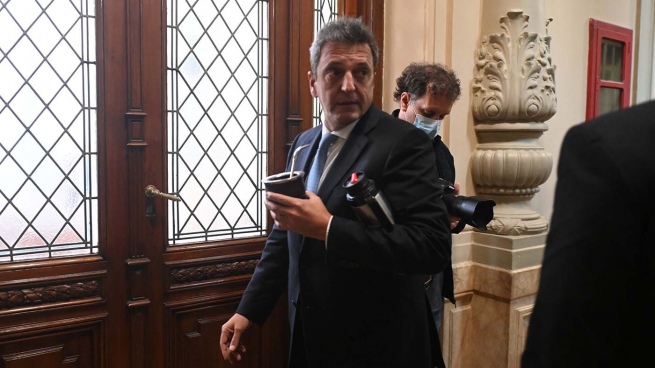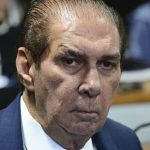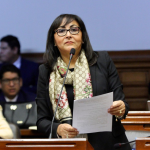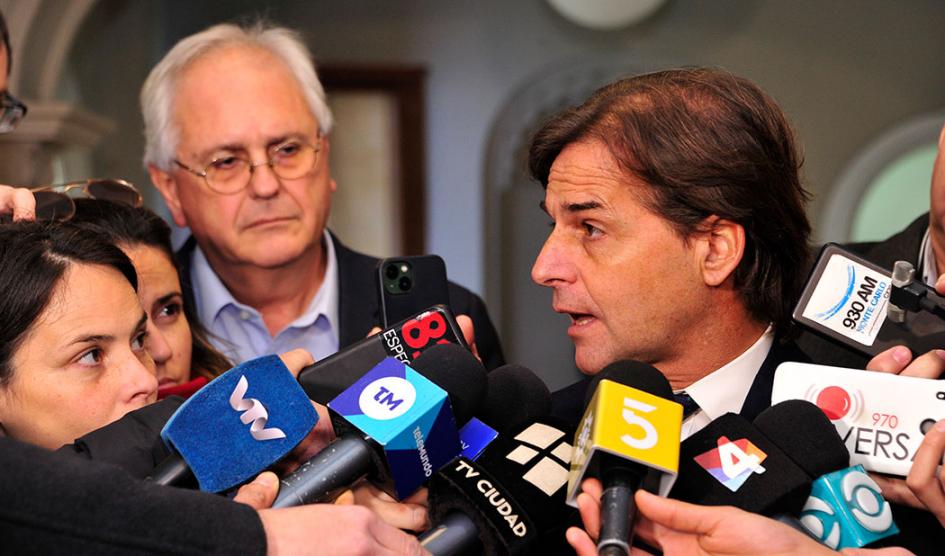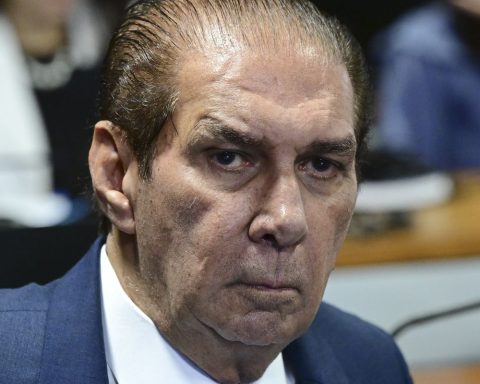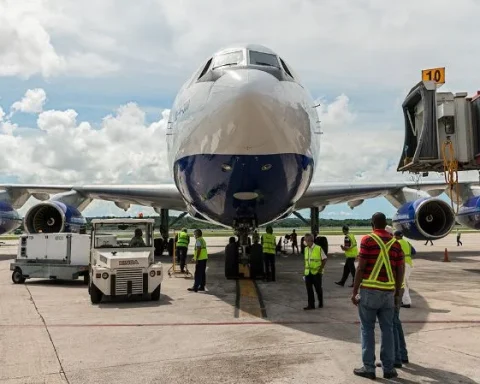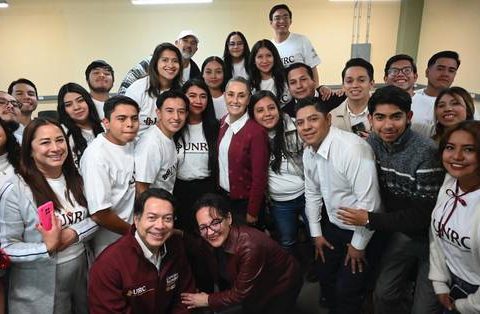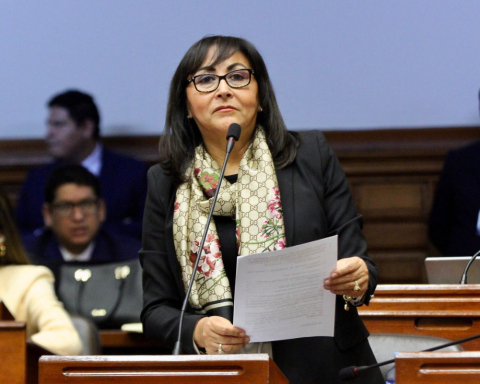The appointed Minister of Economy, Sergio Massa, will prioritize the generation of foreign exchange through tax incentives for the energy, agribusiness and knowledge economy sectors, while with the IMF he will aim to deepen “the search for consensus”, a position that he already showed in Congress when he actively worked for the approval of the program with the agency, Télam was advanced from his team of collaborators.
Although Massa warned that only on Wednesday will the names, measures and details of the reformulation of the Cabinet be knownin his environment they already use a phrase to refer to what he intends to be one of the general premises of his administration in the Palacio de Hacienda: to turn Argentina into a “dollar factory to export Argentine work.”
Turning Argentina into a “dollar factory to export Argentine work” is the phrase used in the Massa environment to refer to what it claims to be one of the general premises of its management
That slogan sums up the need to accumulate reserves in the face of monetary instabilitya process that in recent days has found relief with the decline in financial dollars and the blue, and which on a concrete level translates into the decision to stimulate activities with export potential -the energy sector, the agribusiness , the software industry and applied technology – with a package of incentive measures.
In the Renovating Front team that has been meeting at the party’s headquarters on 850 Libertador Avenue, they maintain that the best background to understand the logic that Massa will promote is the review of what his priorities were in the lower housefrom where he systematically pushed tax benefits for formal workers and the middle classin particular the updating of the income tax floor.
“To know what Sergio could do, you have to see what he did as president of the Chamber of Deputies,” they graph in that sense, and then they slip that the criterion of promoting “tax benefits” through laws voted in Parliament could be transferred from next week to economic management.

The objective is favor the most dynamic activities of the economic structure, those that generate dollarssuch as the agro-industrial chain and the energy pole, apart from science and technology with a productive profile.
Along these lines, Massa’s collaborators underline at this time that two axes of the measures to be announced will be “fiscal relief and the generation of foreign currency”, while on the external front and in the link with international credit organizations they consider key “go back to what his role was during the agreement with the IMF, especially his search for consensus to add support in the vote”.
The appointed head of the economic portfolio -they point out in his surroundings- contributed his share to reach an agreement with the IMF in the trips he undertook to Washington and New York during the management of the Front of All
In Argentine politics, it is known that Massa has connections with political leaders in the United States, both Republicans and Democrats, ties that in some cases he cultivated since he was young, that were strengthened over time and that allowed him to have a regular dialogue with influential figures on Capitol Hill, such as Democratic Senator from New Jersey and head of the House Foreign Relations Committee, Robert “Bob” Menendez.
The designated holder of the economic portfolio -they point out in their environment- he contributed his own to reach an agreement with the IMF in the trips he undertook to Washington and New York during the management of the Front of Allin which he maintained contacts with the sectors of the Democratic Party that were closest to the ideological core of the official coalition, but also with representatives of the Republicans such as former New York mayor Rudolph Giuliani.
President Alberto Fernández’s decision to appoint him as head of the economic portfolio, announced last Thursday, generated among the IMF authorities a logical demand to obtain more first-hand information about what would happen to the country that has the largest debt with the organizationrescheduled through an agreement that was ratified by law in the Argentine Congress.
So it was that the head of the Fund, Kristalina Georgieva, sent a message via WhatsApp to an official close to the President to inquire about the surprising designation of Massa and its possible derivations: the member of the Executive transmitted the message to the head of state, who instructed his collaborator – a Secretary of State – to respond to the director of the IMF who The appointment would give “greater political strength” because it was about the person who had been his “squire in the defense of the agreement (with the body) during the debate in Congress.”

“When Georgieva asked what happened, the answer was that Massa’s appointment would allow two objectives to be met, on the one hand to deepen the unity of the Front of All and, on the other, to unify the criteria for using dollars and concentrate that power in a single person,” a qualified official source explained to Télam to detail what the communication with the head of the IMF consisted of, about which the Government initially reported by mistake that it was a telephone dialogue between Fernández and Georgieva, although later he clarified that it had been an exchange of messages mediated by a third person.
On Saturday afternoon, while Massa remained together with his team of closest economistsamong them the head of the Indec Marco Lavagnathe deputy director of the Anses Guarantee and Sustainability Fund Lysander Clerithe Customs owner William Michael and the president of the Arsat Matias Tomboliniin the fifth of Olivos they went over details and anecdotes of the bond of trust that the head of state built over the years with who as of Wednesday will be his Minister of Economy.
